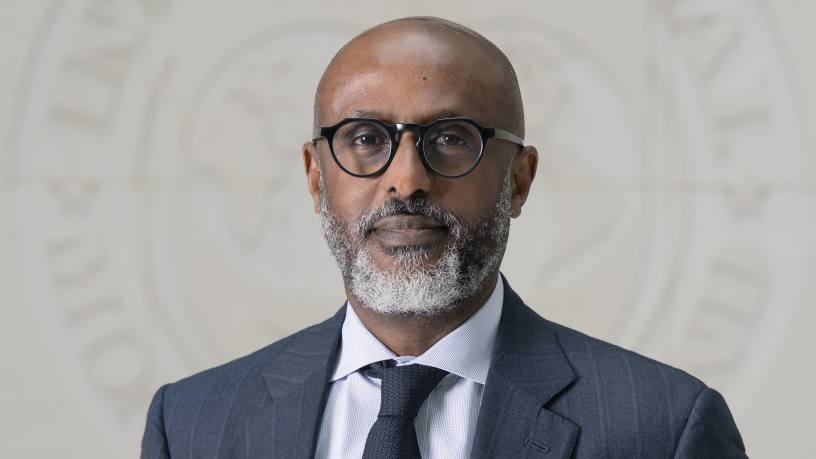Q: The International Monetary Fund’s (IMF’s) recently published World Economic Outlook predicts slower global growth in 2023 and the lowest medium-term growth in decades. What is the outlook for sub-Saharan Africa?
A: While growth is holding steady across much of sub-Saharan Africa, the poor outlook in South Africa [where growth is forecast to slow to just 0.1%] means that growth for the region will decelerate to 3.6% in 2023 from 3.9% last year.
We’re forecasting an economic improvement across the region in the medium term, but not one that is sufficient to bring the region as a whole back up to pre-Covid-19 levels in the near future.
Q: The report highlights stubbornly high inflation and debt levels as among the major challenges facing global economies. What are the biggest challenges facing African states in 2023?
A: One of the biggest challenges sub-Saharan Africa faces is a huge squeeze in funding. As interest rates rise, much of the region has effectively been priced out of international debt markets, with borrowing costs exorbitantly high.
Financing from countries like China has been severely curtailed, with official development assistance also declining over time. Against this backdrop of a tighter external funding environment and high levels of domestic exposure, African states’ domestic financing capabilities have become severely limited.
The IMF has played an important counter-cyclical financing role in the region in recent years, to the tune of around $50bn in sub-Saharan Africa. Yet our ability to continue doing this is now more constrained, with the concessional financing facility used to support the region in need of replenishment. So this is a time when the international community needs to come to the region’s aid.
The cumulative impact on the region of the world that has the highest poverty levels is very concerning
Q: To what extent have African states’ economic fortunes been affected by factors beyond their control, such as climate change?
A: There has been a perception that the economic challenges countries are experiencing are largely self-inflicted. Certainly there are many countries whose economies are struggling for largely internal reasons, but I’d argue that for the lion’s share of countries in the region, the challenges are there as a result of the cumulative series of exogenous shocks, including the impact of Covid-19, the war in Ukraine, and increasingly destructive events related to climate change.
Each of these phenomena would be particularly destructive in isolation. The cumulative impact on the region of the world that has the highest poverty levels and the lowest ability to defray the external funding squeeze by turning to domestic markets is very concerning.
Q: Climate change is having a particularly devastating impact on sub-Saharan Africa via phenomena such as the ongoing drought in the Horn of Africa. How can states invest in efforts to both reduce emissions and adapt to the realities of climate change when funding is such a challenge?
A: Climate adaptation is undoubtedly the immediate issue facing much of Africa now. Carbon emissions are not a major issue for any country in the region beyond South Africa, while most countries are at the brutal receiving end of climate change.
It’s important that new financing for the region related to climate adaptation has to be incremental, rather than displacing existing infrastructure investment and funding for other areas including health and education and poverty reduction.
One of the things we’re most proud of at the IMF is the Resilience Sustainability Trust, which provides incremental financing by channelling special drawing rights resources from economically stronger member states to countries that have the greatest needs.













